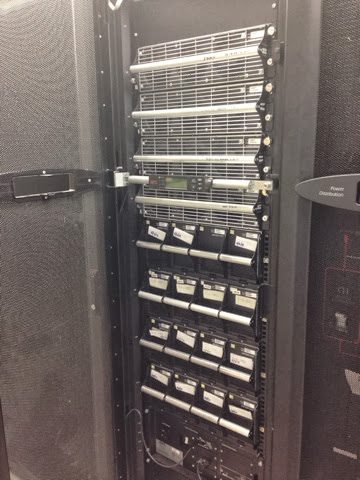Why Documentation Saves You Time
"Documentation saves time? How does it save time when it takes me $time to write it out?" You might ask. Allow me to explain. Good documentation helps you, your team, and new-hires inheriting your environment. Allow me to explain.
Most teams have at least one team mate who's very knowledgeable. They've probably been on your team since most of your staff was in elementary school. Between their expertise and their experience, they could author more documentation than the rest of your team combined. But they doesn't write any (or very little). Their claim? Too busy.
A lot of people don't see writing proper documentation as essential. Many IT professionals view documentation as an extra, icing on the cake, if you will. Many understand that keeping documentation would be great if they had the time, but it's something that falls off the radar as we jump from project to project & deadline to deadline.
I completely understand this sentiment. However, many don't factor in the time-savings that documentation provides. Yes, it certainly does cost time to sit down and write out documentation but the amount of time you save your team over the course of time will outweigh the amount of time that documentation "costed" you. If you didn't write documentation for a system you implemented or administer, other team mates will have to come and ask you questions whenever they have to work with that system. If good documentation had been written, it should answer their questions so you don't have to. Documentation also helps you. I've lost count of the times that my own documentation helped me with a task I forgot how to do.
Documentation also helps any new hires to the team or even the guy/gal who takes your job after you've moved on to greener pastures. There's definitely a lot of general knowledge that builds up over experience. The kind of experience that you take with you from company to company. However, as you work at a job, you start understanding the specifics of a system in that job. For example, every company has backups (hopefully). But not every company uses the same tools to backup the same data to the same media to the same place. Understanding common backup strategies is common knowledge you take with you from job to job. What gets backed up to where, how often and with what tools is crucial information to know. That's where good solid documentation comes in. It's common courtesy to leave the best documentation you can for the next person in your role. Otherwise, they'll call you and email you asking you questions that could've been answered by the documentation you didn't write. Plus, you never know when you and them might cross paths again so it pays to leave everything you touch better than how you found it.
In a smaller environment or if you're a one-man-band shop, it's easier to skimp on the documentation. However, as your environment grows, your team grows and the need for documentation becomes more important. It's one of those little things you can do that really does improve the job for you, your team and everyone to come after you.


Comments
Post a Comment